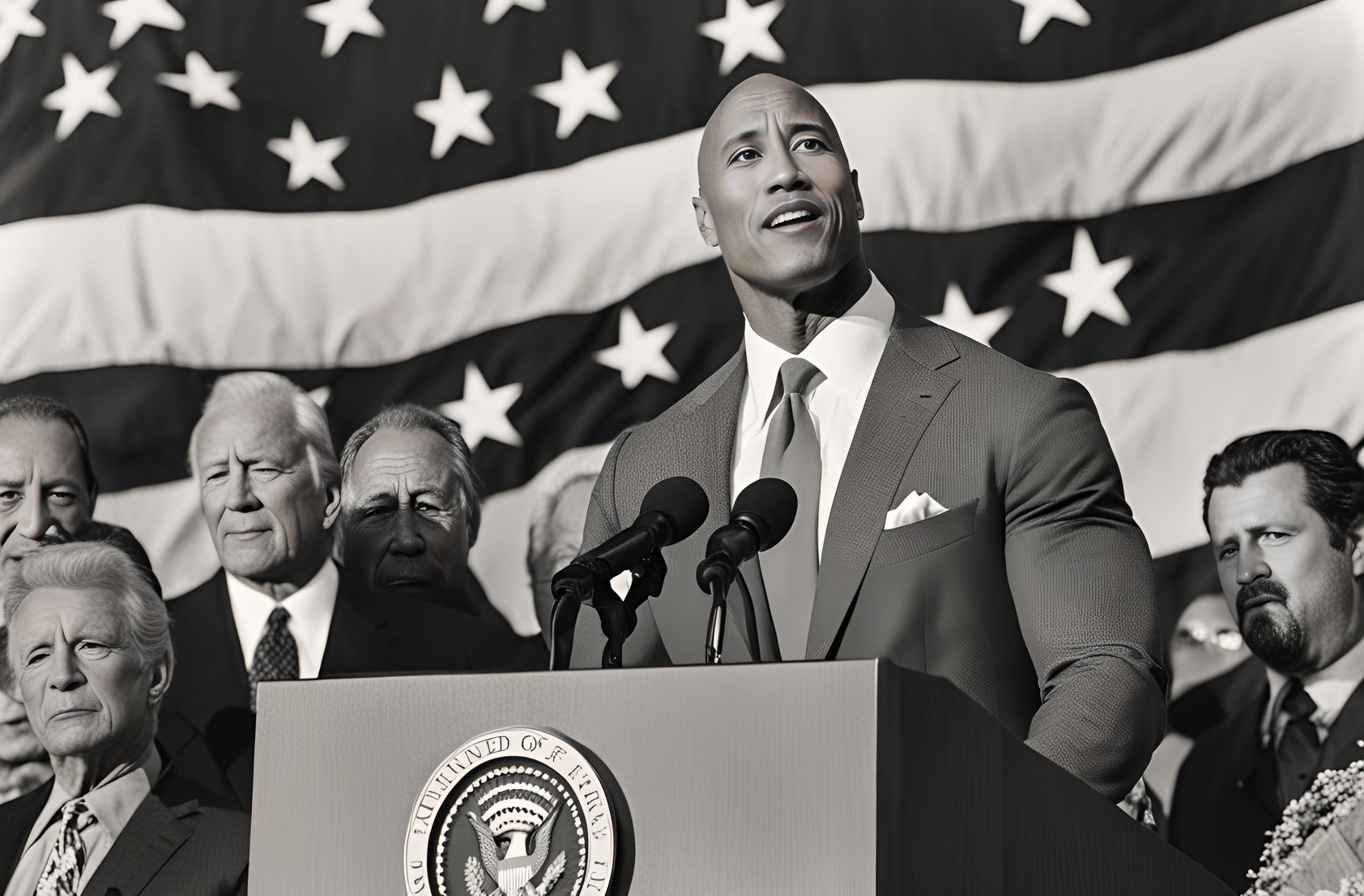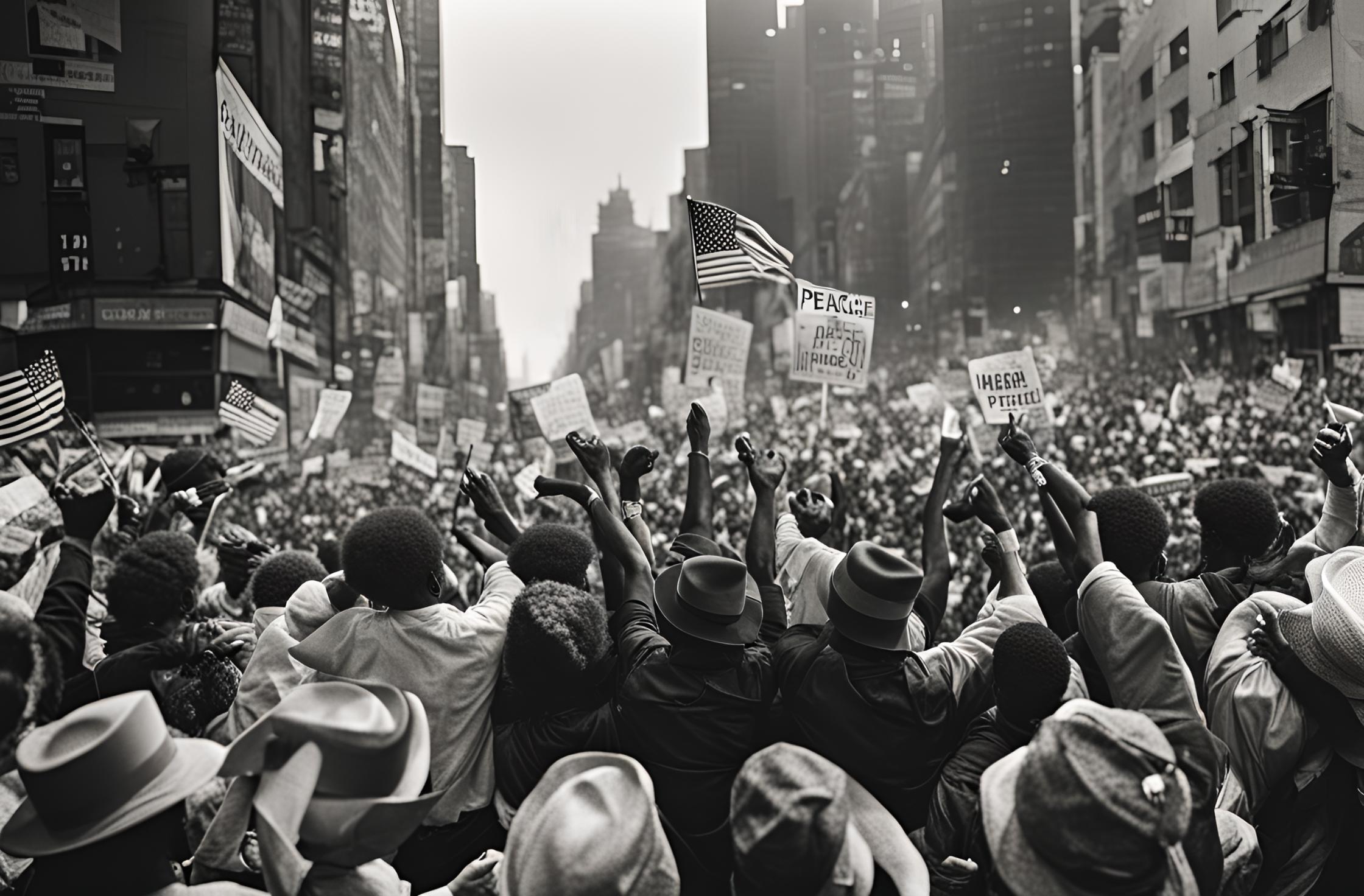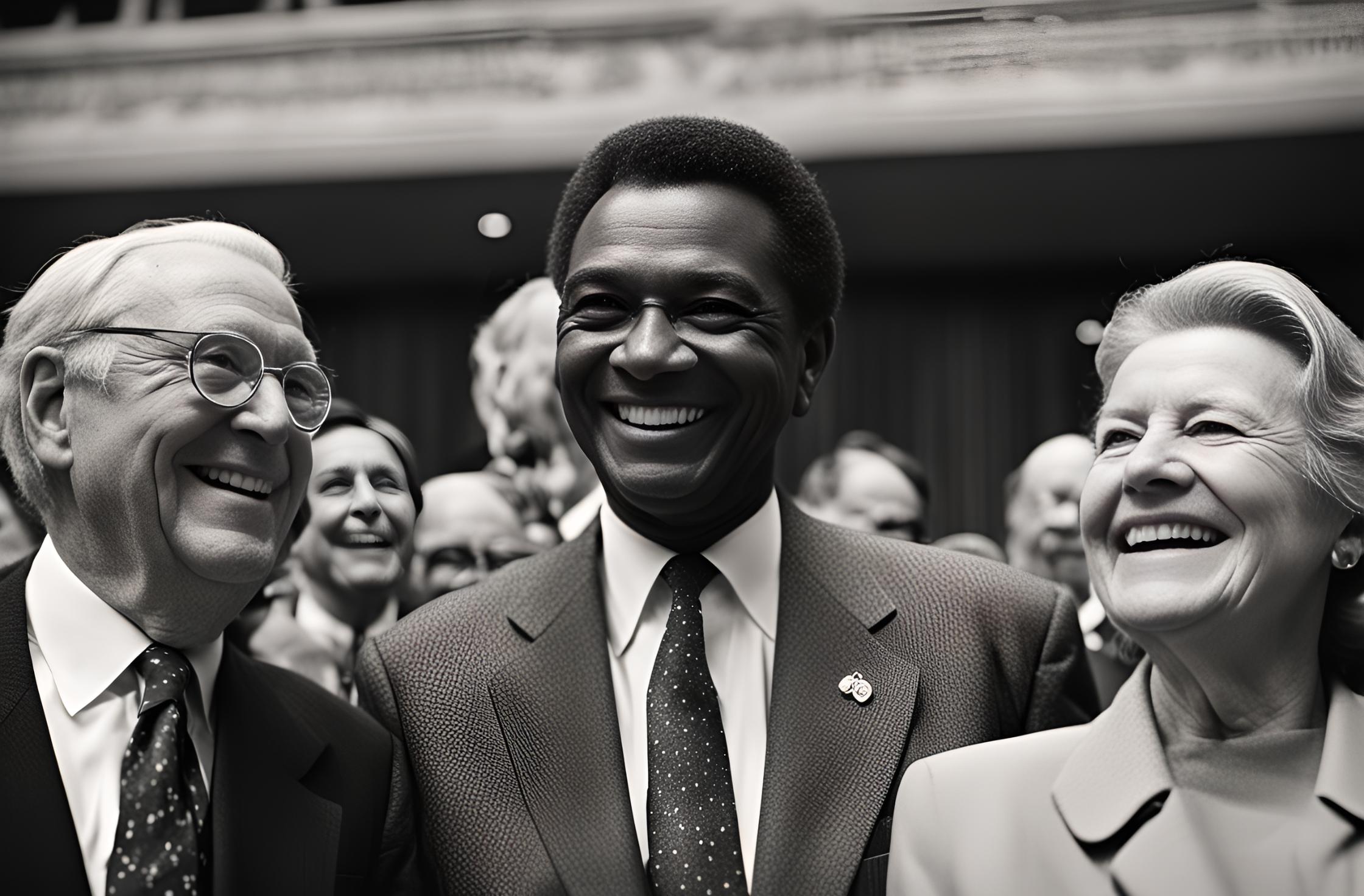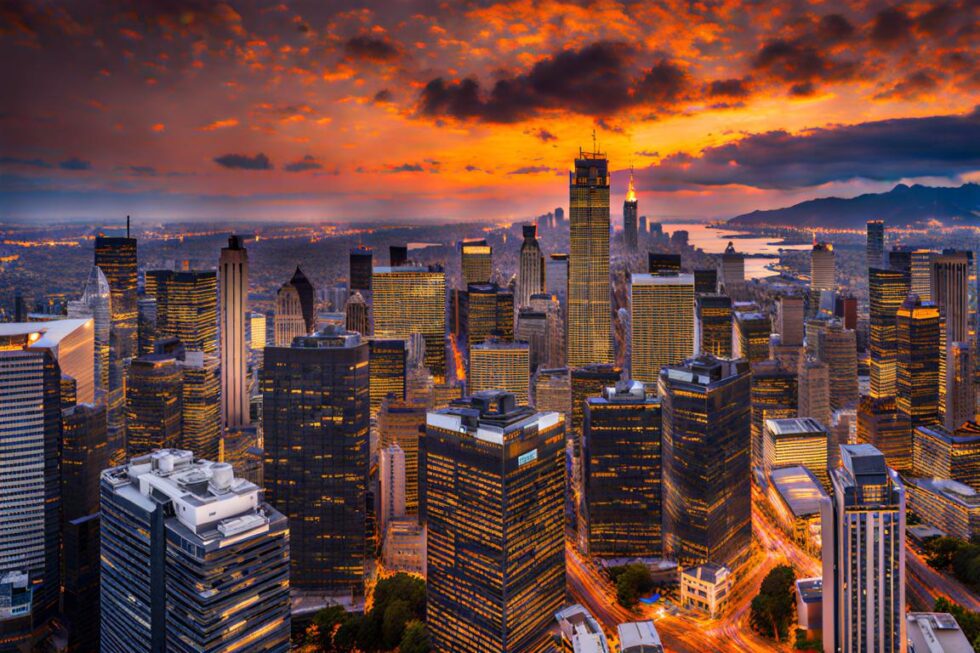
In the year 2050, a single corporation, known as OmniCorp, managed to gain control over the entire global economy. This unprecedented consolidation of power transformed the world in profound and far-reaching ways, affecting every aspect of life, from politics and society to technology and the environment.
OmniCorp’s rise to dominance began in the early 2030s, leveraging its innovative technologies and strategic acquisitions to outmaneuver competitors. By offering unparalleled efficiency and convenience, it quickly became indispensable to consumers and businesses alike. Its influence spread across various industries, including finance, healthcare, energy, and technology. Governments, struggling with economic instability and mounting debt, increasingly relied on OmniCorp’s resources and expertise.
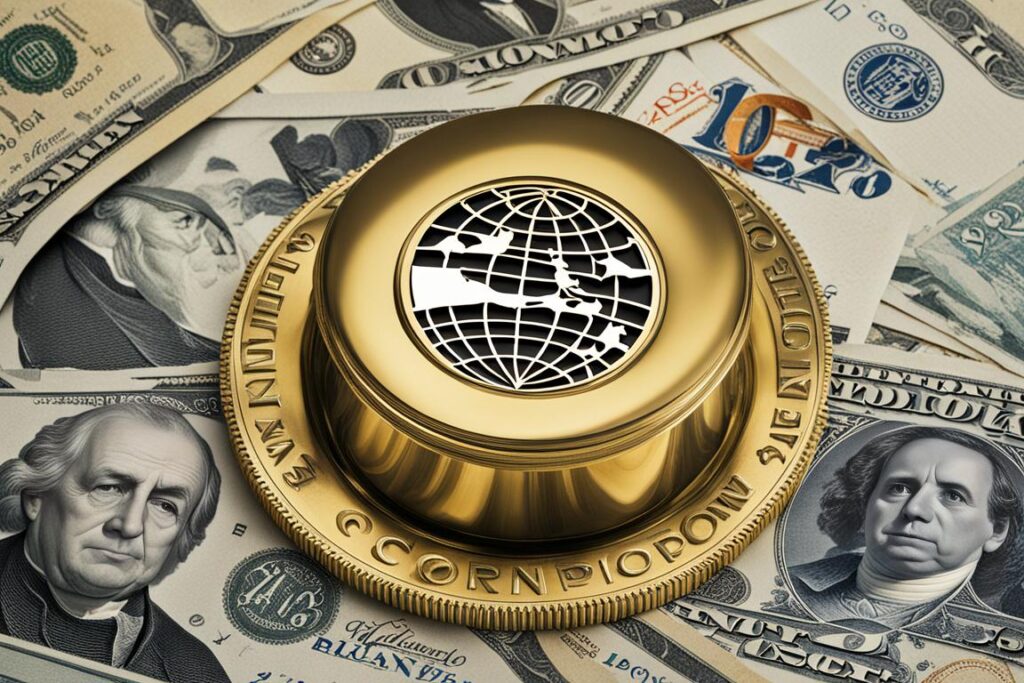
The immediate impact of OmniCorp’s control was a period of remarkable economic stability and growth. With centralized decision-making and streamlined operations, global supply chains became more efficient, reducing waste and costs. Innovations in technology and infrastructure, funded and implemented by OmniCorp, improved the quality of life for millions. Smart cities, renewable energy solutions, and advanced healthcare systems became the norm, driven by the corporation’s vast resources and technological prowess.
However, this new era came at a significant cost. The concentration of power in a single entity led to the erosion of democratic institutions and individual freedoms. Governments became largely ceremonial, with real power residing within OmniCorp’s executive board. Public policies and regulations were crafted to serve the corporation’s interests, often at the expense of social welfare and environmental sustainability.
Social stratification deepened as wealth and resources were concentrated in the hands of OmniCorp’s top executives and shareholders. The middle class dwindled, while the gap between the ultra-rich and the poor widened. Access to essential services like healthcare, education, and housing became increasingly tied to one’s loyalty and utility to the corporation. Those who fell out of favor or refused to conform faced economic marginalization and social exclusion.
Culturally, the influence of OmniCorp permeated every aspect of life. Media and entertainment were controlled and censored to align with the corporation’s values and interests. Artistic expression and independent journalism were stifled, replaced by content that promoted consumerism and loyalty to OmniCorp. The public’s perception of reality was shaped by a constant stream of corporate propaganda, creating a homogeneous and compliant society.
Resistance movements emerged, challenging OmniCorp’s dominance and advocating for democratic governance and individual rights. These groups, often operating in secret, used underground networks and encrypted communications to organize and spread their message. However, they faced relentless surveillance and suppression by OmniCorp’s private security forces, which possessed cutting-edge technology and extensive resources.
The global environment also bore the brunt of OmniCorp’s control. While the corporation initially invested in renewable energy and sustainable practices, its focus gradually shifted to profit maximization. Environmental regulations were weakened or ignored, leading to the exploitation of natural resources and increased pollution. Climate change accelerated, with devastating consequences for ecosystems and vulnerable communities.
Despite these challenges, pockets of hope and resilience remained. Independent researchers and innovators continued to work on groundbreaking technologies and solutions, often in secret or within supportive communities. Grassroots movements and local cooperatives thrived in some regions, providing alternative models of governance and economic organization. These enclaves of resistance and creativity represented the enduring human spirit and the potential for a more just and equitable future.
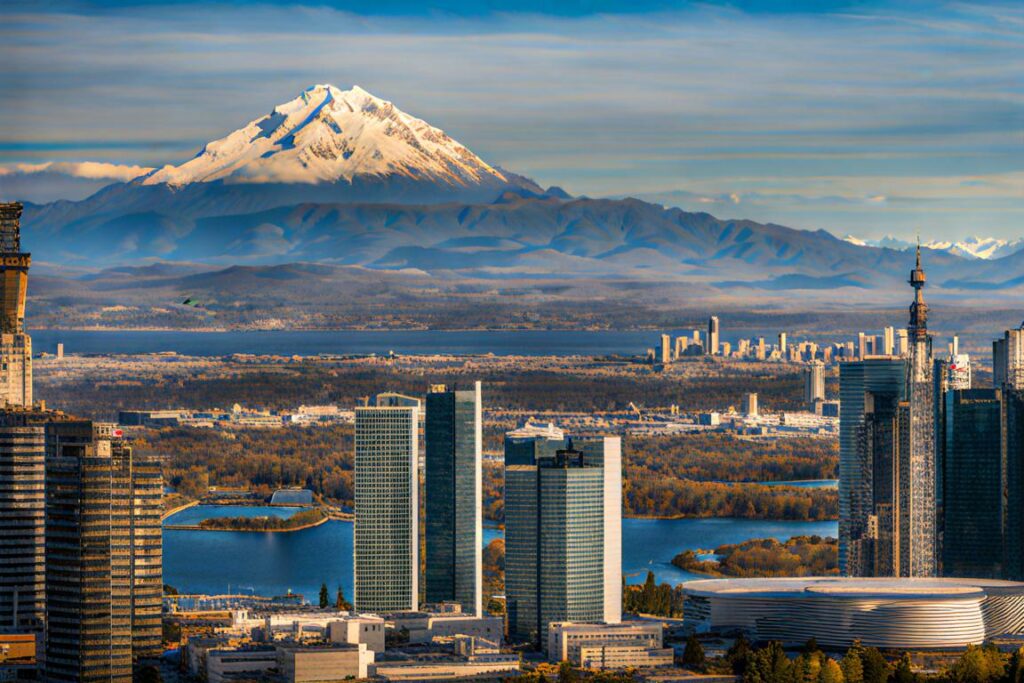
In the face of growing discontent, OmniCorp attempted to maintain its grip on power through a combination of technological advancements and psychological manipulation. The development of artificial intelligence and data analytics allowed the corporation to predict and influence human behavior on an unprecedented scale. Personalized advertising, social engineering, and predictive policing became common tools for maintaining control and quelling dissent.
As the decades passed, the struggle between OmniCorp’s authoritarian control and the aspirations of free societies intensified. The future of humanity hung in the balance, shaped by the ongoing conflict between centralized corporate power and the enduring desire for democracy, justice, and individual freedom. The outcome of this struggle would determine whether the world remained under the shadow of a corporate behemoth or evolved towards a more inclusive and sustainable global society.


